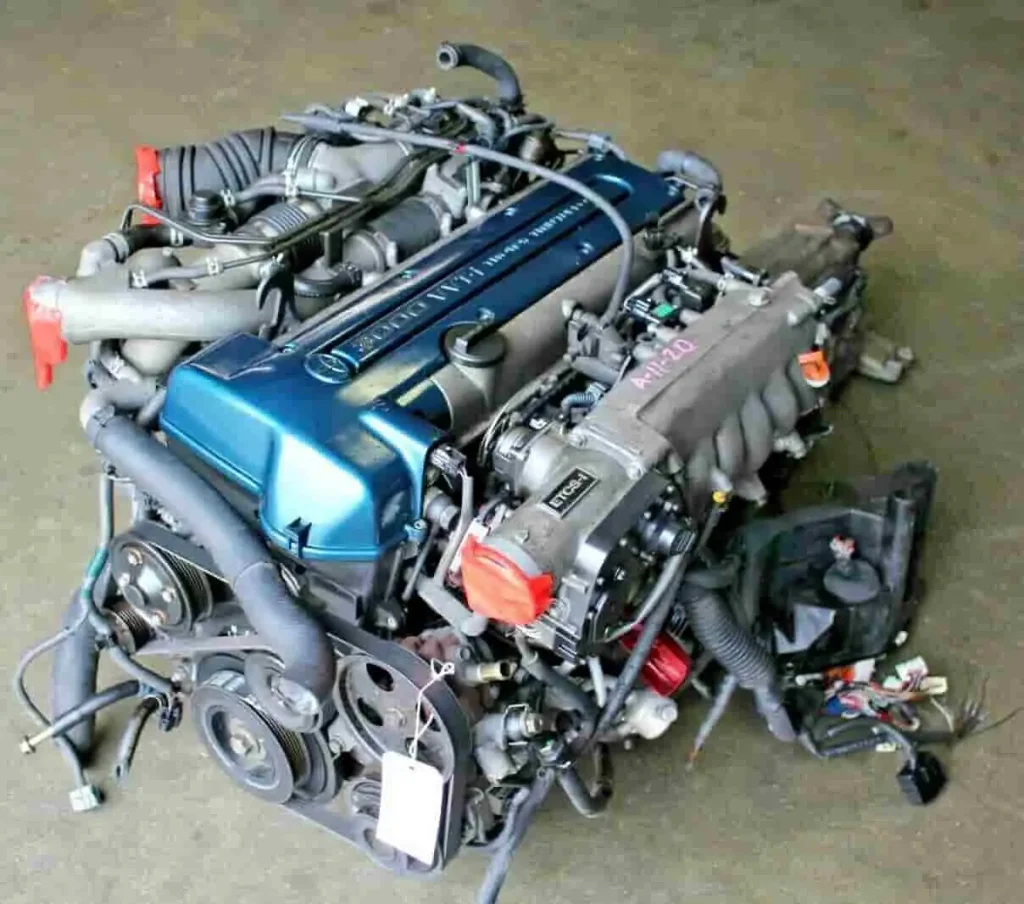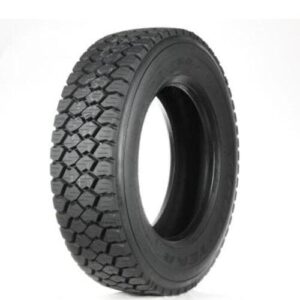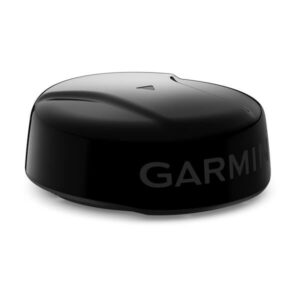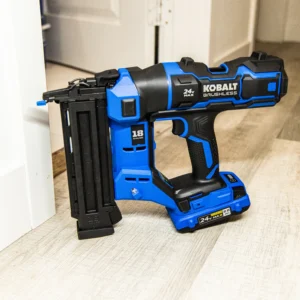2JZ Engine for Sale: The Ultimate Guide to One of the Most Legendary Engines in Automotive History
The 2JZ engine is renowned among car enthusiasts, tuners, and racers worldwide for its legendary reliability, immense power potential, and iconic status in the automotive world. If you’re searching for a 2JZ engine for sale, whether for a rebuild project, engine swap, or high-performance build, this comprehensive guide will provide you with everything you need to know—from the engine’s background, variants, why it’s so popular, to how and where to buy one.
What is the 2JZ Engine?
The 2JZ engine is a line of inline-six engines produced by Toyota between 1991 and 2002. It’s best known for its robust construction, ability to handle high horsepower without failure, and its use in legendary cars such as the Toyota Supra Mk4 (A80). The engine’s engineering and versatility have made it a favorite among tuners, drag racers, and automotive enthusiasts worldwide.
Key Features of the 2JZ Engine
-
Engine type: Inline-6
-
Displacement: 3.0 liters (2,997 cc)
-
Material: Cast iron block with aluminum cylinder head
-
Valvetrain: DOHC 24-valve (some variants SOHC)
-
Fuel system: Electronic fuel injection
-
Notable variants: 2JZ-GE (naturally aspirated) and 2JZ-GTE (twin-turbocharged)
Variants of the 2JZ Engine
Understanding the different 2JZ engine models is essential when considering an engine purchase.
2JZ-GE: Naturally Aspirated
The 2JZ-GE is the naturally aspirated variant, known for its smooth power delivery and reliability. It was used in a variety of Toyota models, including the Toyota Soarer, Lexus GS300, and Toyota Supra in markets outside Japan.
-
Power output: Approximately 220-230 horsepower
-
Use case: Daily drivers, mild tuning projects, and swaps requiring reliability over outright power
2JZ-GTE: Twin-Turbocharged Legend
The 2JZ-GTE is the most famous and sought-after version of the 2JZ. It features twin turbochargers, forged internals, and a strengthened bottom end to support high horsepower outputs.
-
Power output: Factory stock about 276-320 horsepower (varies by market)
-
Tuning potential: Easily supports 600+ horsepower with stock internals, and over 1,000 horsepower with upgrades
-
Vehicles: Toyota Supra Mk4 (A80), Lexus IS300 (JDM version)
Why is the 2JZ Engine So Popular?
The 2JZ engine’s popularity is not by chance; it stems from several factors that make it a dream engine for performance car enthusiasts.
1. Exceptional Durability and Reliability
Built with a cast iron block and high-quality forged internals, the 2JZ engine can handle immense power without suffering from common failures like block cracking or piston damage. This reliability under extreme stress makes it a favorite for drag racing and high-power street builds.
2. Massive Tuning Potential
The 2JZ-GTE, in particular, is renowned for its ability to produce extreme horsepower numbers with minimal upgrades. Many tuners report achieving 600 to 1,000+ horsepower on stock internals, making it a cost-effective engine for power seekers.
3. Availability and Aftermarket Support
Despite being discontinued, the 2JZ engine is widely available globally thanks to used engines from Japan and the aftermarket support for performance parts, tuning solutions, and rebuild kits. There’s a strong community around the engine, offering knowledge and resources.
4. Iconic Status in Car Culture
Thanks to its starring role in the Toyota Supra Mk4, a car that gained cult status from movies like The Fast and the Furious, the 2JZ has become a symbol of performance tuning culture and automotive excellence.
Common Uses for the 2JZ Engine
-
Engine swaps: Popular in various cars from Nissan, Mazda, and even American muscle cars due to its size and power potential.
-
Drift builds: The 2JZ offers a strong balance of power and reliability for sustained drifting.
-
Drag racing: Its strength under high horsepower makes it ideal for drag racing and time attack.
-
Restoration projects: For Toyota Supra enthusiasts restoring their Mk4s or upgrading older models.
What to Look for When Buying a 2JZ Engine for Sale
If you’re considering purchasing a 2JZ engine for sale, several factors should influence your decision to ensure you get a good deal and a quality product.
1. Engine Condition: Used vs. Rebuilt vs. New
-
Used: Typically less expensive but may require inspection or rebuilding.
-
Rebuilt: Engines rebuilt by professionals with new components; more expensive but more reliable.
-
New: Brand new or remanufactured engines, which can be very costly and less commonly available.
2. Engine Variant
Confirm if the engine is a 2JZ-GTE (turbocharged) or 2JZ-GE (naturally aspirated). The turbocharged variant commands a higher price and has more power potential.
3. Mileage and History
Ask about the engine’s mileage, usage history, and if it has been in any accidents or had major repairs. Engines with lower mileage and good maintenance history are preferable.
4. Included Components
Some sellers offer complete engine assemblies including turbochargers, intake manifolds, wiring harnesses, and ECU. This can simplify installation.
5. Price and Warranty
Compare prices from multiple sellers. Beware of deals that seem too good to be true, as the engine might need extensive repairs. A warranty or return policy is a big plus.
Where to Find a 2JZ Engine for Sale
Several avenues exist for finding a 2JZ engine for sale:
1. Online Marketplaces
-
eBay Motors: Large selection, auction-style or buy-it-now.
-
Craigslist: Local deals but requires careful inspection.
-
Facebook Marketplace: Growing community for car parts.
-
Car forums: Supra and Toyota enthusiast forums often have classifieds.
2. Specialized Engine Sellers
Companies that specialize in JDM (Japanese Domestic Market) engine imports often stock 2JZ engines. Examples include JDM engine importers and performance shops.
3. Local Junkyards and Auto Salvage
Sometimes you can find a used 2JZ engine in salvage yards, especially in regions with a high density of imports.
4. Performance Shops and Tuners
Tuning shops sometimes sell rebuilt or upgraded 2JZ engines or can source one for you.
Average Price Range for a 2JZ Engine
Pricing varies widely based on condition, variant, and completeness:
-
Used 2JZ-GE: $1,500 to $3,000
-
Used 2JZ-GTE: $3,000 to $6,000+
-
Rebuilt 2JZ-GTE: $5,000 to $10,000+
-
New/Remanufactured: Can exceed $10,000 depending on specs
How to Verify the Authenticity of a 2JZ Engine
With the 2JZ’s popularity, counterfeit or misrepresented engines can appear in the market.
-
Check engine codes: Verify 2JZ-GE or 2JZ-GTE codes stamped on the engine block.
-
Inspect turbochargers: Twin-turbos are unique to the GTE version.
-
Request maintenance records or history: Authentic sellers often provide these.
-
Ask for pictures and serial numbers: Cross-reference with Toyota databases or forums.
Tips for Installing a 2JZ Engine
Installing a 2JZ engine is a popular but involved project. Here are some tips:
-
Engine mounts: Custom mounts are often needed when swapping into non-Toyota vehicles.
-
Wiring harness: Consider aftermarket standalone ECU or a complete engine wiring harness for compatibility.
-
Transmission: Pair with compatible transmissions like the Toyota R154 manual or A340 automatic.
-
Cooling system: Upgrade radiators and intercoolers to handle added heat.
-
Fuel system: Higher flow injectors and fuel pumps may be necessary.
Frequently Asked Questions About 2JZ Engines for Sale
Q1: Can I use a 2JZ engine for a swap in any car?
A: Technically yes, but it requires modifications such as custom mounts, wiring, and drivetrain adaptations. It’s more straightforward in Toyota models designed to house inline-6 engines.
Q2: Is the 2JZ engine better than the RB26?
A: Both are legendary Japanese inline-six engines. The 2JZ is typically favored for its stronger block and larger displacement, but the RB26 is lighter. Preference depends on use case.
Q3: How much horsepower can I expect from a stock 2JZ-GTE?
A: Stock power is about 276 to 320 horsepower, but it can be tuned to much higher outputs reliably.
Q4: Are there any common issues with the 2JZ?
A: Few, but some known issues include oil leaks, head gasket wear, and turbocharger maintenance. Regular maintenance is key.






There are no reviews yet.